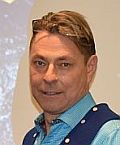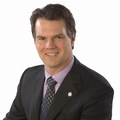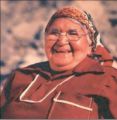CONTEXT FOR BLUE ECOLOGY AND WATER RECONCILIATION: “Over the last several years, our team of Indigenous and non-Indigenous researchers have been exploring what this word (reconciliation) means to people in Canada. In doing so, we have come to understand that our relationship to the natural world is an important, yet often overlooked, part of furthering reconciliation,” wrote University of Manitoba researchers Aleah Fontaine and Katherine Starzyk in an article published by The Conversation (August 2021)

“Considering traditional Indigenous perspectives and social psychological research, we wanted to understand whether people’s support for reconciliation was related to their attitudes toward nature and other animals. And if this was the case, why? At the core of our project is the idea that moral expansiveness, or the breadth of entities a person feels moral concern for, is important for motivating support for reconciliation. Our results showed that people who felt more connected to nature also supported reconciliation more,” stated Aleah Fontaine.










